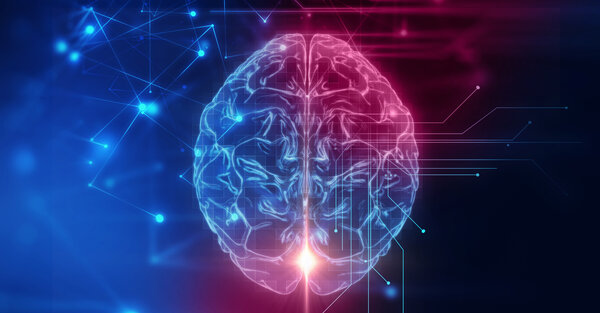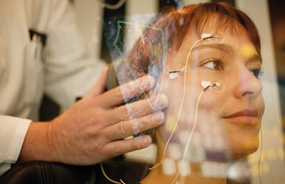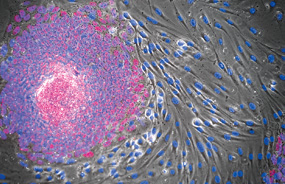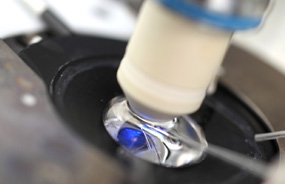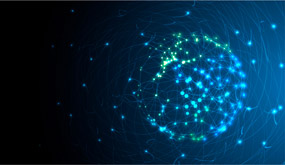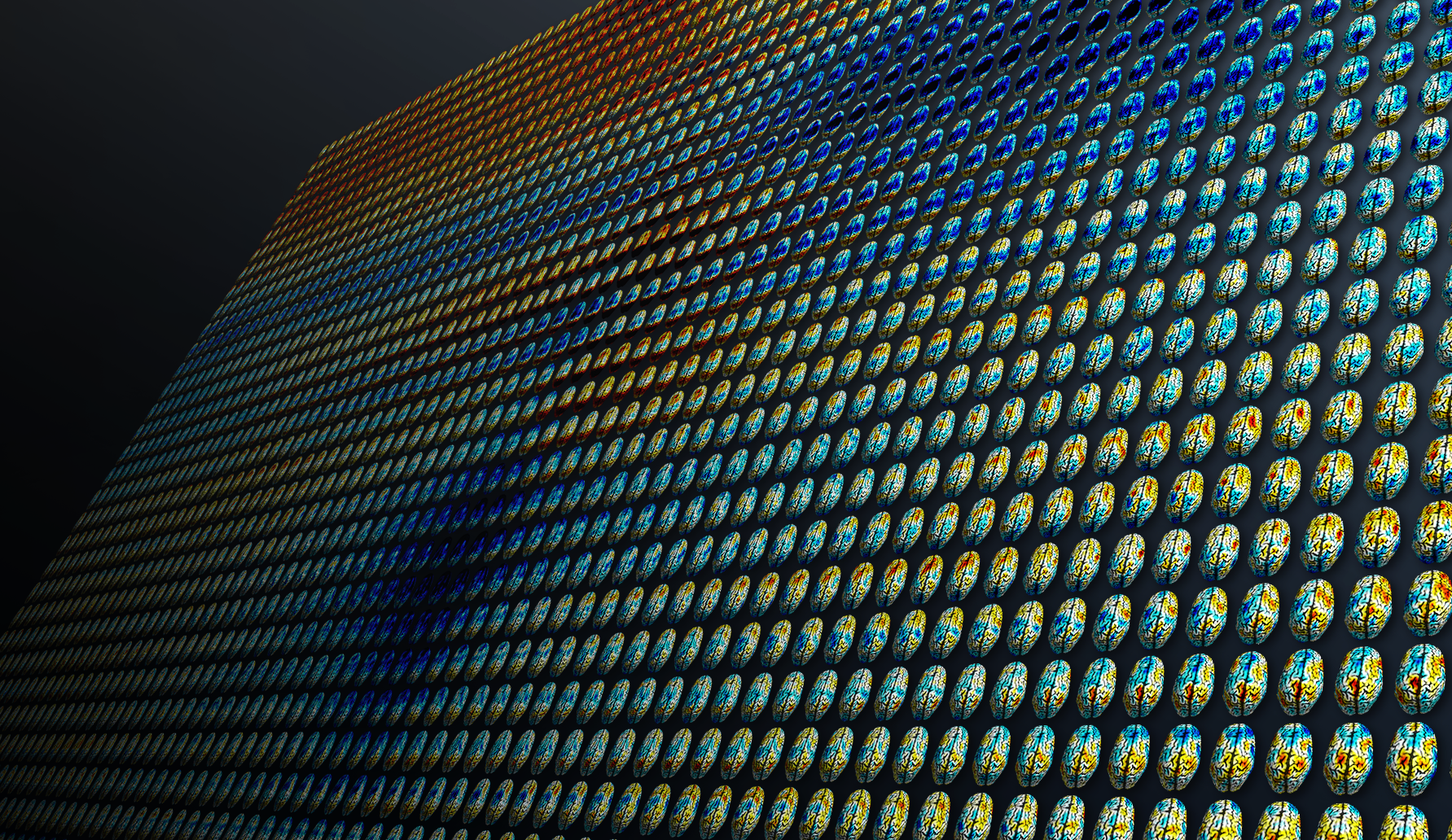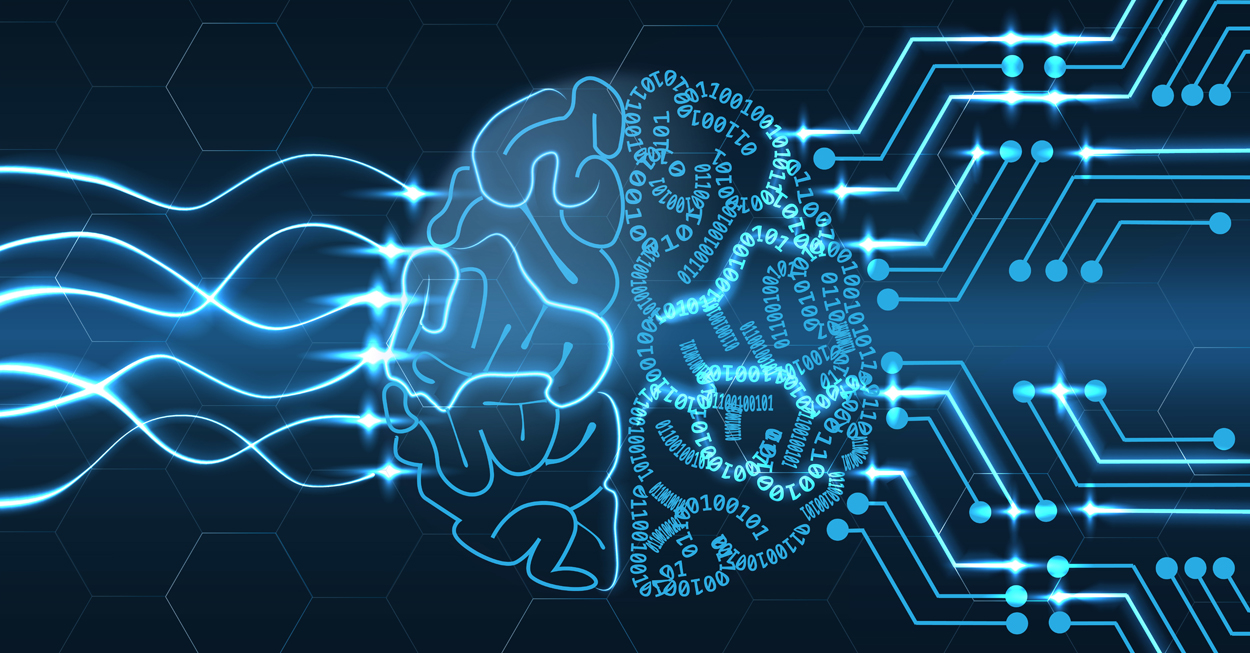The Institute
The Hertie Institute for Clinical Brain Research (HIH) and the Clinic of Neurology at University Hospital Tübingen run the “Hertie Center of Neurology”. Founded in 2001, the center owes its existence to an agreement between several entities: the non-profit Hertie Foundation, the state of Baden Württemberg, the Medical Faculty of the University of Tübingen, and the Tübingen University Hospital. The underlying bundling of public resources and private funds is unique in Germany.
At present, the HIH is home to 24 professors, more than 500 employees and more than 30 research groups. Together they ensure the smooth running of clinical research, care and educational training.
The Hertie Institute for Clinical Brain Research currently comprises the following 7 departments, of which the first four are involved in clinical care:
- Neurology with Neurovascular Medicine (Director: Prof. Dr. Ulf Ziemann)
- Neurodegenerative Diseases (Director: Prof. Dr. Thomas Gasser)
- Neurology and Epileptology (Director: Prof. Dr. Holger Lerche)
- Neurology and Interdisciplinary Neuro-Oncology (Director: Prof. Dr. Dr. Ghazaleh Tabatabai)
- Neural Dynamics and Magnetoencephalography (Director: Prof. Dr. Markus Siegel)
- Cellular Neurology (Director: Prof. Dr. Mathias Jucker)
- N3: Neurorehabilitation / Neuroprosthetics / Neurotechnology (Director: Prof. Dr. Martin Giese)
The Department of Neurology with Neurovascular Medicine (Clinical Director: Prof. Ulf Ziemann) covers a broad variety of neurological disorders... more information
The Department for Neurodegenerative Diseases has been founded with the generous support of the charitable Hertie foundation in 2002. The department follows a comprehensive approach in fundamental and clinical research in the area of neurodegenerative diseases and disorders…. more information
The Department of Neurology and Epileptology encompasses a 28 bed unit and 4 specialty outpatient clinics. Together with Clinic of Neurology’s other clinical departments, the epileptology team provides care for all neurological patients at the University Hospital Tübingen. more information
The Department of Neurology and Interdisciplinary Neuro-oncology's (Director: Prof. Ghazaleh Tabatabai) scientific focus includes the entire spectrum of neuro-oncological diseaes and thus builds a bridge between the priority research foci oncology/immunology and neurosciences of the Medical Faculty Tübingen… more information
The Department of Neural Dynamics and Magnetoencephalography's central goal is to investigate how cognition and behavior emerges from dynamic interactions across widely distributed neuronal ensembles. How do sophisticated cognitive processes such as perception, decision-making, and motor behavior emerge from dynamic interactions across the brain? more information
The Department is headed by Professor Mathias Jucker and was founded in 2003. The research focus is on the cellular and molecular mechanisms of brain aging and age-related neurodegenerative diseases, with a special emphasis on the pathogenesis of Alzheimer´s disease and other cerebral amyloidoses. more information
The Department N3: Neurorehabilitation / Neuroprosthetics / Neurotechnology links basic research with technical applications… more information
The independent research groups at the HIH focus on a variety of research topics... more information
